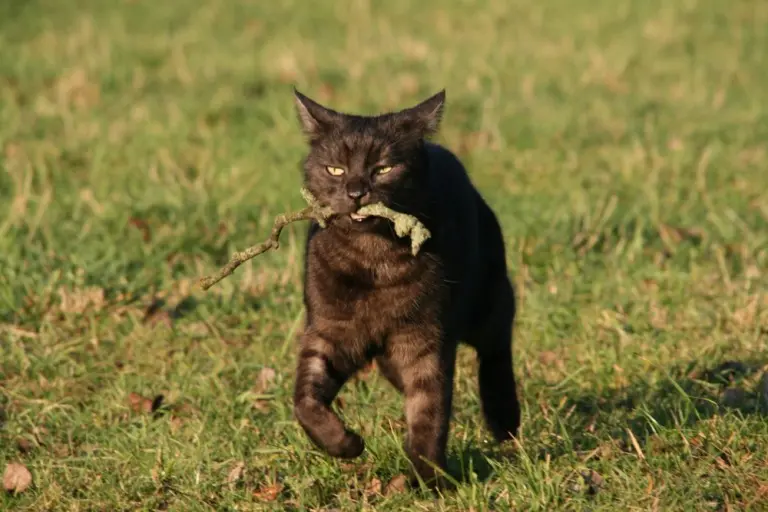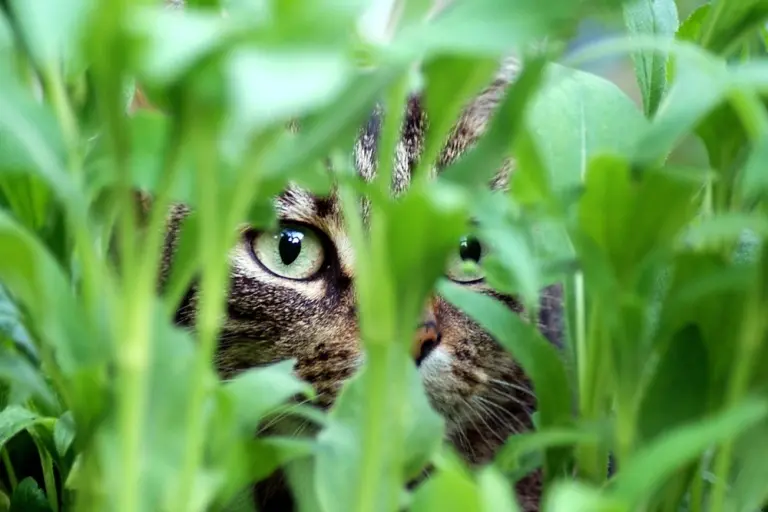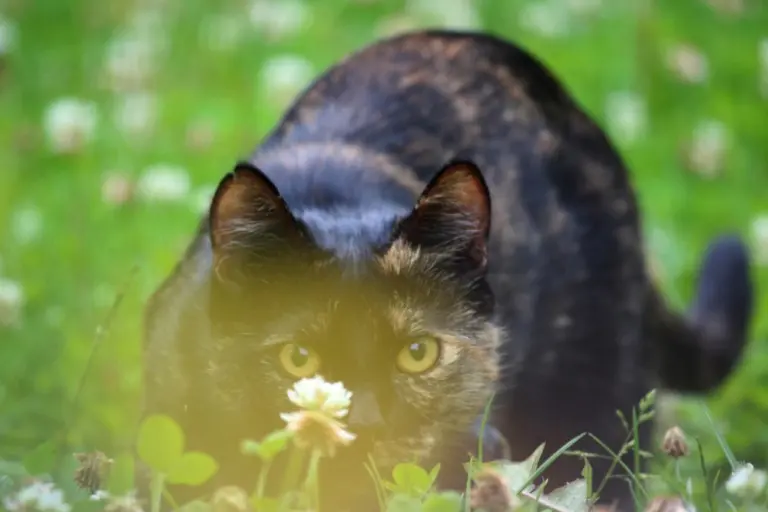Made possible through a collaboration between the Winchester Area SPCA and a dedicated animal lover named Allie.




There are a significant number of cats in the community that do not have conventional homes, or are living “in the wild”. Many of these cats have been abandoned or, more often than not, are the offspring of non-neutered and non-spayed cats that have been abandoned or been born in the wild. These cats may fend for themselves, with some degree of success. However, because they are not spayed or neutered they contribute to the growth of the outdoor (or community) cat population. The Winchester Area SPCA’s Working Cats Project provides “working cats” for businesses or individuals as an effective and efficient means of rodent/pest control. At the same time, it provides homes for cats that may otherwise not be adopted as “pets”. Thus, this program is designed to benefit both the cats, their adopters and the community at large.
Rodent Control.
For many types of businesses, such as farms, wineries and manufacturing facilities, rodents are an ongoing and significant problem. They affect profitability and pose health and hygiene risks. They get into feed stores, water, bedding and merchandise or products. They can create untold damage to structures and electrical systems. Unfortunately, there is no fool-proof or long-lasting method of artificial rodent control. Most common methods involve the use of toxic chemicals which pose health risks to humans, pets and livestock, and harm the environment. Other methods, such as traps, are minimally effective and incur ongoing cost and vigilance.
Cats Provide Simple, Natural, Inexpensive and Effective Rodent Control.
Cats – particularly those that have lived mostly outdoors and/or have been fending for themselves – offer significant potential for economical and environmentally friendly rodent reduction and control. As most people know, cats will instinctively hunt mice and rats even if they are not hungry. While most cats are quite adept at this skill, cats that have had to hunt at times to simply survive, and cats that are not accustomed to life as a household pet will naturally tend to have superior hunting skills. In addition, scientific studies have confirmed that the mere presence of cats causes rats, mice and other vermin to flee the area.
WASPCA’s Working Cats Project Benefits Cats, Adopters and the Community.
The purpose of our program is to provide homes for cats that are unsuitable to be household companions, while simultaneously providing owners of farms, wineries and other such businesses an invaluable resource for rodent control. The program also helps address community concerns over unsocialized or “feral” cat populations.
The Winchester Area SPCA advertises its “Working Cats Project” via our website, Facebook, radio announcements, flyers, brochures and the like. Potential adopters will contact the WASPCA and speak with a customer service representative about the program. They can also find more information about cats currently available for adoption by visiting our Adoption page. If an individual is interested in adopting a cat they will fill out an application in person and review the necessary steps for a successful adoption with a staff member. The following criteria are required for all adoptions:
Compliance With Basic Guidelines For Animal Care.
Prior to the cat’s eligibility for adoption, WASPCA will ensure that the following are done:
The prospective owner shall ensure, and cover the costs of:
Assessment of Facility.
In order to facilitate a successful outcome to the adoption, a WASPCA employee may wish to visit and assess the facility initially and help resolve any potential problems in advance.
Matching Cats With Adopters.
WASPCA will usually have a number of working cats available at any given time. These cats may be from local animal shelter facilities, including the Frederick County Esther Boyd Shelter and the Winchester Area SPCA. Cats in the program generally include those who:
Many unsocialized cats take time to acclimate to, and accept, their new surroundings. They are nervous and fearful being in a completely new environment, with humans they have never seen before. Cats also initially have a strong drive to return to their previous home or environment.
While the time period varies from cat to cat, in general we have found the following process to be most effective for nearly all cats to accept their new environment and want to stick around:
Food.
Typically, cats will stay close to their food source. They are most likely to accept their new home if they are routinely fed nutritious and appropriate (i.e. commercial) cat food.
Initial Crating Period.
It is always best to crate the unsocialized cat when it goes to its new home, for a period of between 3–4 weeks. A large, condo-style pet crate is best. WASPCA may be able to loan one to the owner, should he/she not already have one.
In addition, because the cat is unsocialized to varying degrees, it may express significant anxiety or discomfort with being handled. The owner should be aware of this and can expect to gradually build a bond of trust with the cat, whereby the cat accepts or enjoys its owner’s company (i.e. simply by feeding it!).
After the initial crating period, the owner is advised to keep the cat confined to some degree in its new shelter for another 10 days or so. After this time, the cat has probably adjusted to its new home and will stay there.
Over time many, if not most, unsocialized cats will become used to their owners and some even become household pets. While this may be desirable, it is essential to understand that the cat was adopted as a “working cat” and is not expected or required to behave like an ordinary, domestic housecat.
The owner will likely be rewarded with a safe, reliable rodent-controller, worth far more than its keep. And the owner can enjoy some meows, purrs and headbutts along the way!
Although the Winchester Area SPCA does not usually remain involved the adoption once it has been completed, it is available to answer questions and assist with problems. Adopters are encouraged to contact WASPCA if any problems arise.
Click here to learn more about Allie and how the Working Cat Project finds non-traditional homes for non-traditional kitties.
The Winchester Area SPCA is a non-profit organization that relies heavily upon private and corporate donations. Thus we welcome and encourage adopters to provide donations to support our work. Donations are welcome but not required to adopt a Working Cat.
For more information or to fill out an application visit at:
Winchester Area SPCA
111 Featherbed Lane
Winchester, VA 22601
(540) 662-8616
www.winchesterspca.org
To see our adoptable cats go to our Adoption Page.
111 Featherbed Lane
Winchester, VA 22601
540-662-8616
115 Featherbed Lane
Winchester, VA 22601
540-662-8616
1944 B Abrams Creek
Winchester, VA 22601
540-662-8616
1944 Abrams Creek
Winchester, VA 22601
540-450-2710
Designed by Web Strategies.
111 Featherbed Lane
Winchester, VA 22601
540-662-8616
115 Featherbed Lane
Winchester, VA 22601
540-662-8616
1944 B Abrams Creek
Winchester, VA 22601
540-662-8616 ext. 422
1944 Abrams Creek
Winchester, VA 22601
540-450-2710
Designed by Web Strategies.